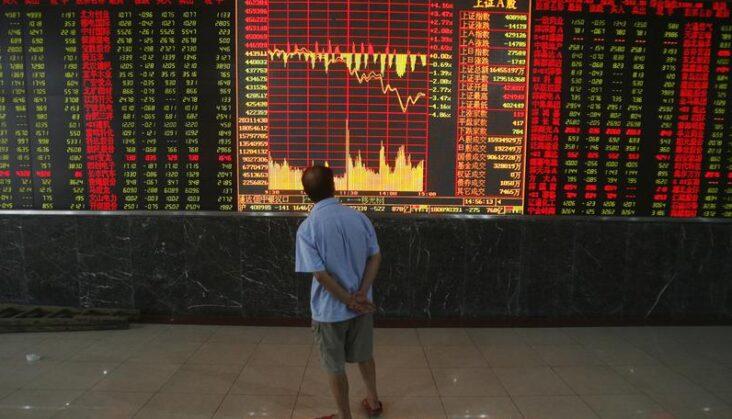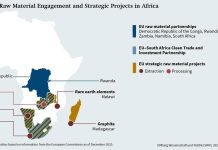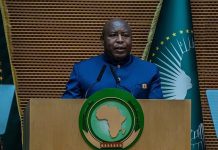Africa-Press – Mauritius. On New Year’s Day I ritually go for a swim at Seaforth beach in Simon’s Town as its heaving good cheer sets my mood for the coming year. Families pull out all the stops and bring gazebos, tents, mattresses and tables and chairs – and the sense of warm camaraderie is palpable.
While some politicians are hell-bent on creating division in South African society, there is empirical evidence of the groundswell of goodwill that exposes the dishonesty of these intentions.
A survey of the social and enterprise development initiatives of the 12,423 companies profiled on the Who Owns Whom WOWEB database shows that 2,456 or 19.7% are not engaged in any initiatives while the balance of 9,967 support over 50,000 social and community projects.
The Who Owns Whom report on the Air Transport and Air Ground Handling Services states that Comair spends R240m on emerging suppliers, R400m on purchases from suppliers that are 50% or more black-owned, R56m on suppliers that are at least 30% black woman-owned and paid R6m to support black-owned small enterprises.
BSI Steel, which employs 350 people in South Africa and 89 in the rest of Africa, supports 13 projects including Cansa, feeding schemes, child care and cerebral palsy.
Among the 9,680 unlisted companies covered by WOW research, the Eastern Cape-based family-owned Woodlands Dairy employs 1,425 people and supports 26 community projects ranging from feeding schemes to child welfare and care of the elderly.
Another family-owned business SAM Engineering, which employees 52 people in Boksburg, supports projects dealing with HIV/Aids, education and cerebral palsy and it funds an orphanage while Germiston-based Siyahamba Engineering, which has 140 employees, funds seven schools, a day care centre and a bursary at the University of Johannesburg.
The United Nations 17 Sustainable Development Goals for 2030 include no poverty, zero hunger, good health and a reduction in inequality, and while it can be argued that it has been driven by BEE legislation, the South African business community appears to have a head start on their international peers in supporting these goals.
Human nature is selfish and imperfect and it is up to society to impose rules which curtail excesses of those who cannot live by the simple and obvious rule to ‘do no harm’.
Rapacious greed created the 2008 financial crisis and the rise of current world leaders such as Donald Trump, Boris Johnson, Recep Tayyip Erdogan, Vladimir Putin and Jair Bolsonaro as the World War I reparations on the Weimar Republic gave rise to Hitler. The fact that society failed to sanction a single culprit of the crisis has led to a massive rethink of capitalism in its current form.
A strong theme at the latest World Economic Forum in Davos was to replace shareholder capitalism with stakeholder capitalism, where management responsibly goes beyond a return to the shareholder but includes the interests of customers, employees, suppliers and society.
As reported by Old Mutual’s interim CEO Iain Williamson in the Business Day on his return from Davos, “the principle of delivering the sustainable development goals generating broad-based value, rather than just shareholder value, is now completely normalised and mainstream”.
For More News And Analysis About Mauritius Follow Africa-Press







